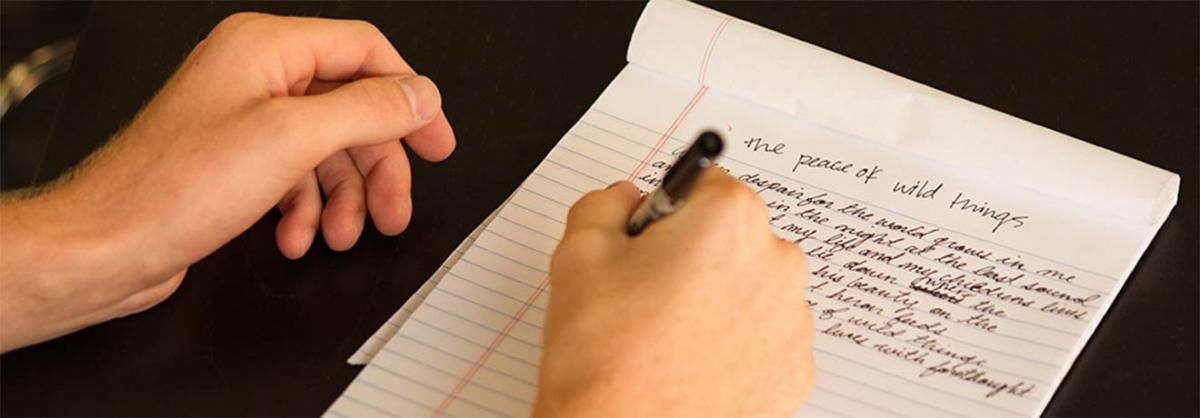Writing in English versus in Chinese

If you are learning English writing, but your native language is not English. This is my English writing tips for you.
I grew up in Taiwan where people speak Mandarin, which is the official dialect in Taiwan and China. I had my B.F.A. degree in America where people speak English. In California State system, many schools require students to pass WPE (Writing Proficiency Exam) in order to graduate, no matter the native students or international. I had no problem to write in Chinese, since in Taiwan students need to pass the high school entry exam, which includes writing in Chinese.
I had no former experience of writing in English before I went to the States. The worse thing was that I failed the junior-level English writing classes twice. That was really frustrating! However, how did I pass my writing class afterwards? Here is my story.
In a formal Chinese essay, the most important thing is to follow the four-step-style writing. The four steps are “start,” “follow,” “transition,” and “conclusion.” In comparison with writing in English, I was taught to write the major points of the outlines in the first paragraph. Yet, when I received my essay from my instructor, she always asked me, “In this sentence, you stated this, but in the later sentence, you addressed that. Why?”
I had been wondering its answer for those semesters. Eventually, after times of homework challenging, I finally dug it out! Indeed, the answer is quite simple: “I was missing the transitions between two different statements.”
What are these transitions, such as however, thus, indeed, nonetheless? I realized that when writing in Chinese, there are many details could be omitted, since the Chinese grammar is not as exactitude. When writing in Chinese, we can leave these transitions there, or just omit them. For example, if I state the question that my instructors asked me again in Chinese thinking, you can compare its difference. "In this sentence, you stated this. In the later sentence, you addressed that. Why?”
I actually learned the grammar of using transition in my grammar class, but I was not sure how to apply them in an essay. It took me three semesters to learn this great lesson, and I wish someone could benefit from my sharing today.¶
Post Script: Since e-mail gets so popular nowadays, I write e-mails frequently in either English or Chinese. I think writing is a way of communication. The key thing about communication is to communicate. No matter the Chinese four-step-style writing, or the Western hit-the-point style at the beginning, they are some kind of template for writing. This is how I feel that it supposes to be. Does this make sense to you or not? I'd like to hear some comments from you!
喜欢我的作品吗?别忘了给予支持与赞赏,让我知道在创作的路上有你陪伴,一起延续这份热忱!



- 来自作者
- 相关推荐